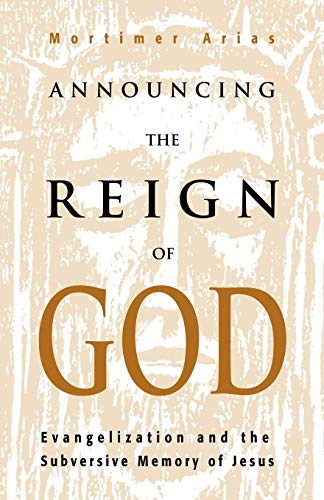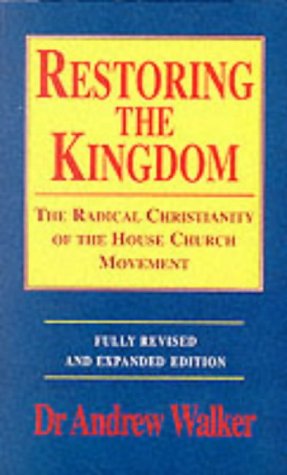The Hebrew Bible and Its Modern Interpreters
Written by Douglas A. Knight and Gene M. Tucker Reviewed By Kenneth M. Craig, JrThis comprehensive book is the first to appear in a three-volume series. Parallel to the projected volumes (Early Judaism and Its Modern Interpreters and The New Testament and Its Modern Interpreters), this book uses 1945 as an approximate terminus a quo for the scholarship assessed. The editorial decision to evaluate research since that time appears to be judicious since the post-Second World War period has seen extraordinary activity in biblical studies.
This is a massive volume covering a wide range of subjects. A survey of the contents indicates the scope: ‘Israelite History’ by J. Maxwell Miller; ‘Syro-Palestinian and Biblical Archaeology’ by William G. Dever; ‘The Ancient Near Eastern Environment’ by J. J. M. Roberts; ‘Criticism of Literary Features, Form, Tradition, and Redaction’ by Rolf Knierim; ‘Exploring New Directions’ by Robert Culley; ‘Israelite Religion’ by Patrick Miller; ‘Theology of the Hebrew Bible’ by George Coats; ‘The Pentateuch’ by Douglas Knight; ‘The Historical Literature’ by Peter Ackroyd; ‘Prophecy and Prophetic Literature’ by Gene Tucker; ‘Wisdom Literature’ by James Crenshaw; ‘Lyrical Literature’ by Erhard Gerstenberger; ‘Legends of Wise Heroes and Heroines’ by Susan Niditch; ‘Apocalyptic Literature’ by Paul Hanson; and ‘The Hebrew Bible and Modern Culture’ by Walter Harrelson.
Each chapter contains a review and critique of scholarly developments in the respective areas. Most of the essays also highlight specific problems and areas that future scholarship needs to address. Generally, the articles are critically written; the authors seldom hesitate to show where the discipline has taken wrong turns. For example, J. J. M. Roberts pleads for a more self-critical methodology in the area of research on the ancient Near Eastern environment.
The major weakness of the book concerns the terminus ad quem. While the jacket cover promises ‘up-to-date analysis and interpretation of the Hebrew Bible’, the articles show almost no signs of research since 1979, a surprising feature for a book that first appeared in 1985. This weakness is problematic in several places. Robert Culley’s discussion on exploring new directions in biblical studies deals extensively with Norman Gottwald’s The Tribes of Yahweh. He states that this book will receive ‘vigorous reactions’. The book which Culley is referring to first appeared ten years ago; since that time Gottwald has written another significant book, one which Culley is unable to comment on. If this collection of essays is reprinted—and the present reviewer hopes that it will be—a special effort should be made to update Culley’s chapter on new directions since this area has seen much change in the last few years.
While there is little material that would appear to be of immediate interest to evangelicals, students, professors and ministers should be aware of this research. The scholarship is responsible and the treatment edifying. The extensive bibliographies will help researchers explore particular subjects in a thorough fashion.
Kenneth M. Craig, Jr
The Southern Baptist Theological Seminary







